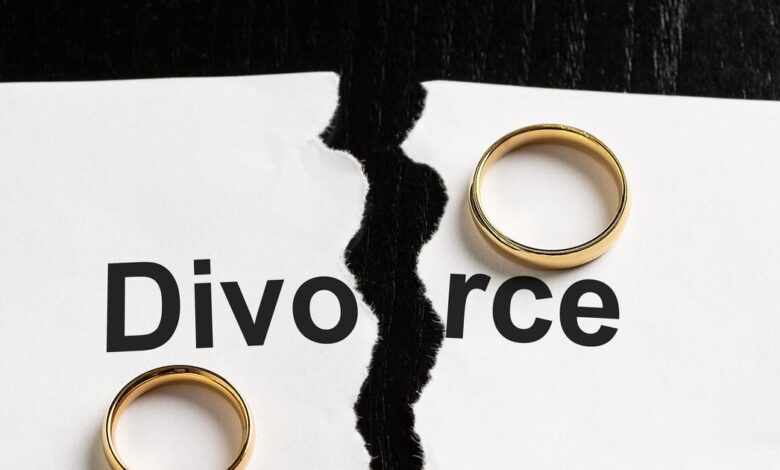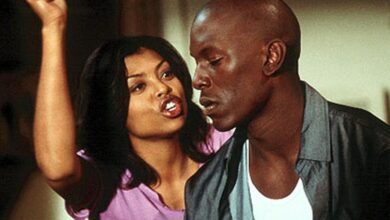The effects of divorce and separation on children

However, it can have a more devastating impact on children than parents anticipate.
Here are the lifelong effects of divorce
The effect of divorce often lasts a lifetime, even far into adulthood. Here are some of the effects.
1. Trauma and loss of security
Divorce can cause deep trauma and disrupt the sense of safety and security for life. Trauma is defined by the Khiron Clinic as “anything that overwhelms the psyche and has a lasting negative impact on a person’s health and well-being.”
2. Fear of abandonment and lack of commitment
For many adults, it might affect how they view relationships, perhaps leading some to swear that they will never get married, have children, or be vulnerable. According to the Institute of Family Studies, the fear of being left behind can linger for years. As adults, that fear can morph into a belief that love is fleeting or conflict means a permanent goodbye.
3. Continuing the cycle of divorce
People from divorced families are more likely to get a divorce themselves. According to Nicholas Wolfinger’s book “Understanding the Divorce Cycle,” if your parents divorced, you’re 50% more likely to experience divorce yourself. That number jumps to a whopping 200% if both your parents come from divorced homes.
4. Emotional abuse from toxic divorce
Most divorces lead to a tussle not only over the custody of the children but also over properties and finances. Some divorces erupt into a full-blown battle, with parents using their children as pawns in a bitter fight.
According to Mentalhealthnet, this “high-conflict divorce” creates a toxic environment where kids are caught in the middle of their parents’ hatred. Unlike anger that fades with time, these intense emotions often escalate, leaving children feeling like they’re constantly walking on eggshells.
The impact is devastating. Just like victims of abuse and neglect, children of high-conflict divorce often experience similar symptoms: anxiety, depression, and difficulty coping. Many professionals believe this constitutes a form of emotional abuse.
The impact of divorce on children
Before they become adults, divorce also affects children. Here’s how:
Externalising behaviours
Instead of feeling bad internally, some children might lash out externally. Children of divorced parents sometimes exhibit challenging behaviours like defiance, aggression, and disruptive behaviour.
These are called externalising behaviours, a way of coping with the emotional upheaval caused by divorce, according to ‘Children’s Adjustment Following Divorce: Risk and Resilience Perspectives’ by Kelly, J., and Emery, R. (Family Relations).
Internalising behaviour
Divorce can be tough on a child’s emotional well-being. Some children may experience internalising problems, which means they keep their feelings bottled up inside. This could include sadness, anxiety, low self-esteem, and guilt.
Spectator writer Bridget Phetasy describes the emotional turmoil of divorce: “When I recall this history [divorce], a rage boils up to the surface. Grief for lost potential and what could have been. Anger at how my parents became so obsessed with their new significant others that we became side notes.”
Some of the challenges they might face include academic difficulties as concentration becomes hard, strained relationships with one of their parents, feelings of guilt as if one is the cause of the divorce, taking risks, and health concerns because of a weak immune system.
It’s important to reassure children about their concerns and be united in co-parenting. Finally, understanding these behaviours is the first step to helping children develop healthier coping mechanisms.




